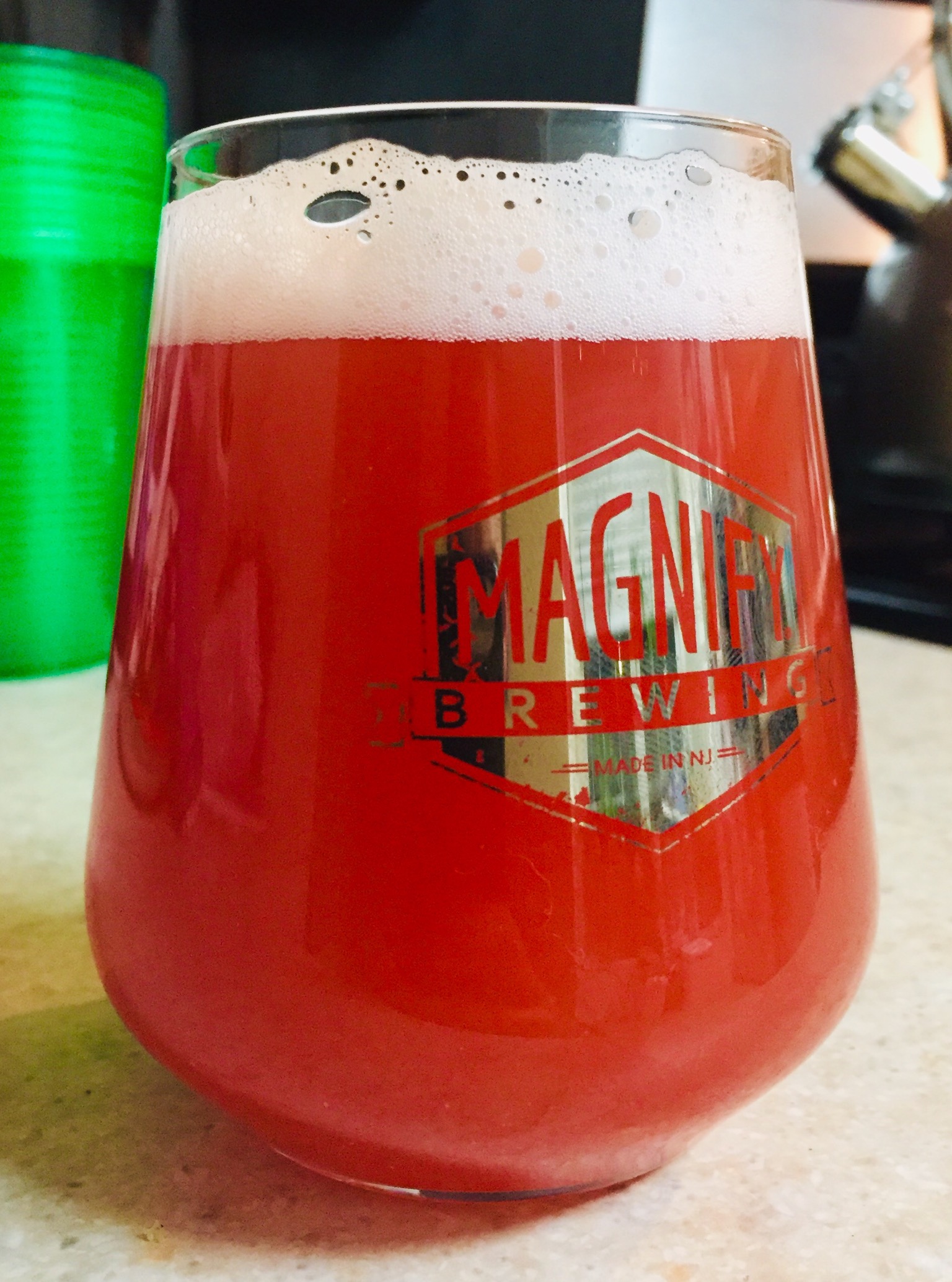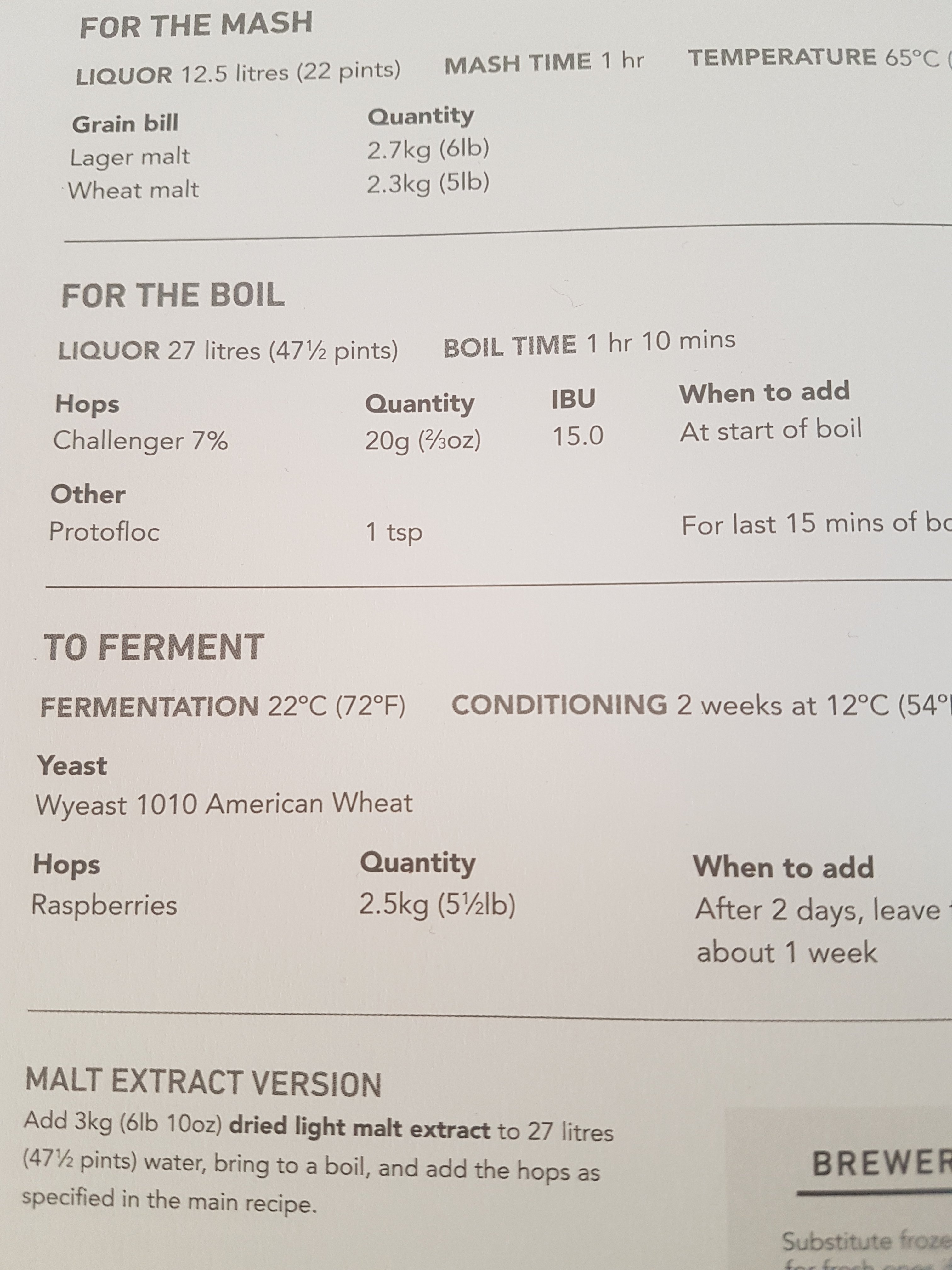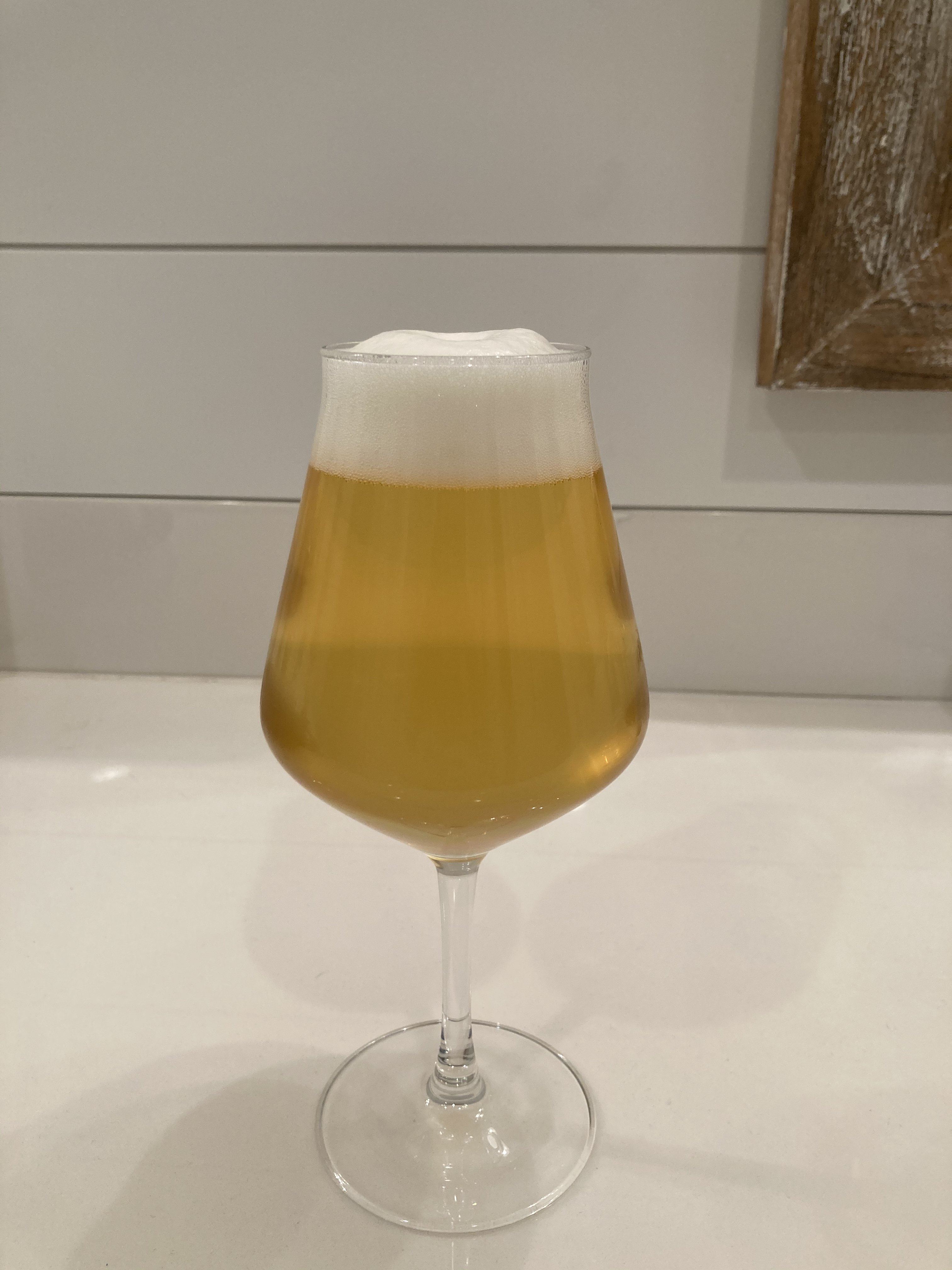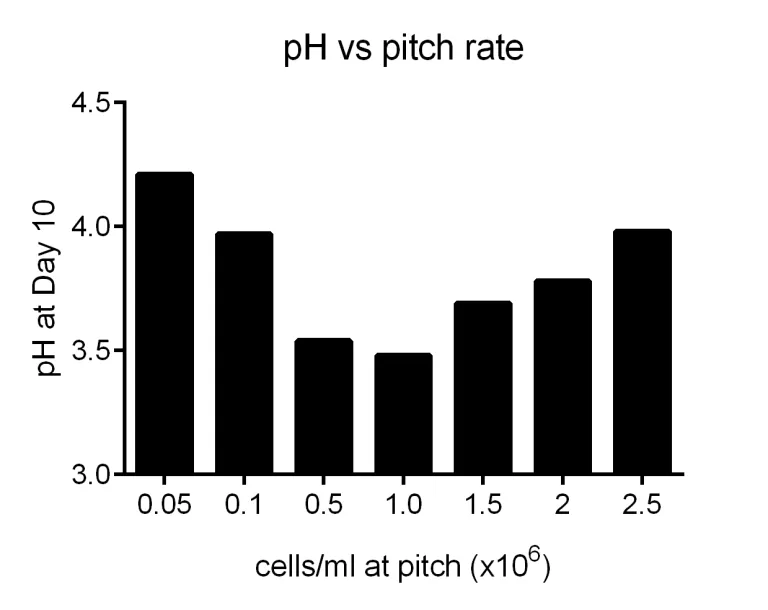Just dumped batch 3 with Philly Sour. Batch one was interesting enough to want to try a few more beers with it but this might have been my last.
First attempt was one pack in 5.5 gallons of 1.044ish wort with 2% dextrose. Fermented at 68 ambient, internal never got above 72. During fermentation it had this aroma that reminded me of tobacco In some way. Like raw sweet tobacco leaves. Fermentation finished. Hit maybe 3.3Ish pH then added a ton of raspberries I’d frozen a while ago. Results were good. Gravity dropped a bit more and pH got even lower but it came out well. The earthy/tobacco/woody note kind of added to the tannic aspect of the raspberry seeds.
Batch 2 was a similar beer but fermented a bit warmer, 72. Still one packet. No dextrose this time. SimIlar results in regards to attenuation, fermentation, flocculation, etc. All spot on. But again had this really odd wild/cidery/earthy aspect to it. In no way would I describe this as even close to a clean ferment. It in no way resembles what a kettle sour tastes or smells like after fermentation. It’s more similar to what I’ve experienced in the spontaneous attempts I’ve done. Not quite that weird but aspects are definitely similar. Anyways I still added a ton of organic blueberries and blackberries and let it referment and kegged it. Ended up dumping that after not long in the keg. After more research I attributed what I was experiencing more to the blueberries than anything else but again that woody/earthy aspect was really strong (and probably amplified by the blueberries)
This last attempt was slightly higher in gravity (1.050) a bit more dextrose and 2 packs fermented at 74. Again quick pH drop, pretty fast ferment, great flocculation. Again tasted really weird before adding fruit. Not necessarily bad and less earthy/woody but by no means lots of “stone fruit” as the descriptors say. Tried some citrus this time with Mango and Tangerine purée. Refermentation was quick but the resulting beer is full of sulfur and smells very “wild”.
I’m not totally ruling out contamination from something else but I’ve only ever had 2 contaminated batches that I’m aware of in over 300 ferments and those were with batches that had gotten to 7 or 8 generations of yeast I had harvested from a commercial beer so it made sense in some way.
I’ve wasted a lot of money on fruit in the last two batches. Back to kettle souring for me which sucks. Was really wanting to love this yeast. It’s seemingly very easy to work with but my results at least have been really lack luster.


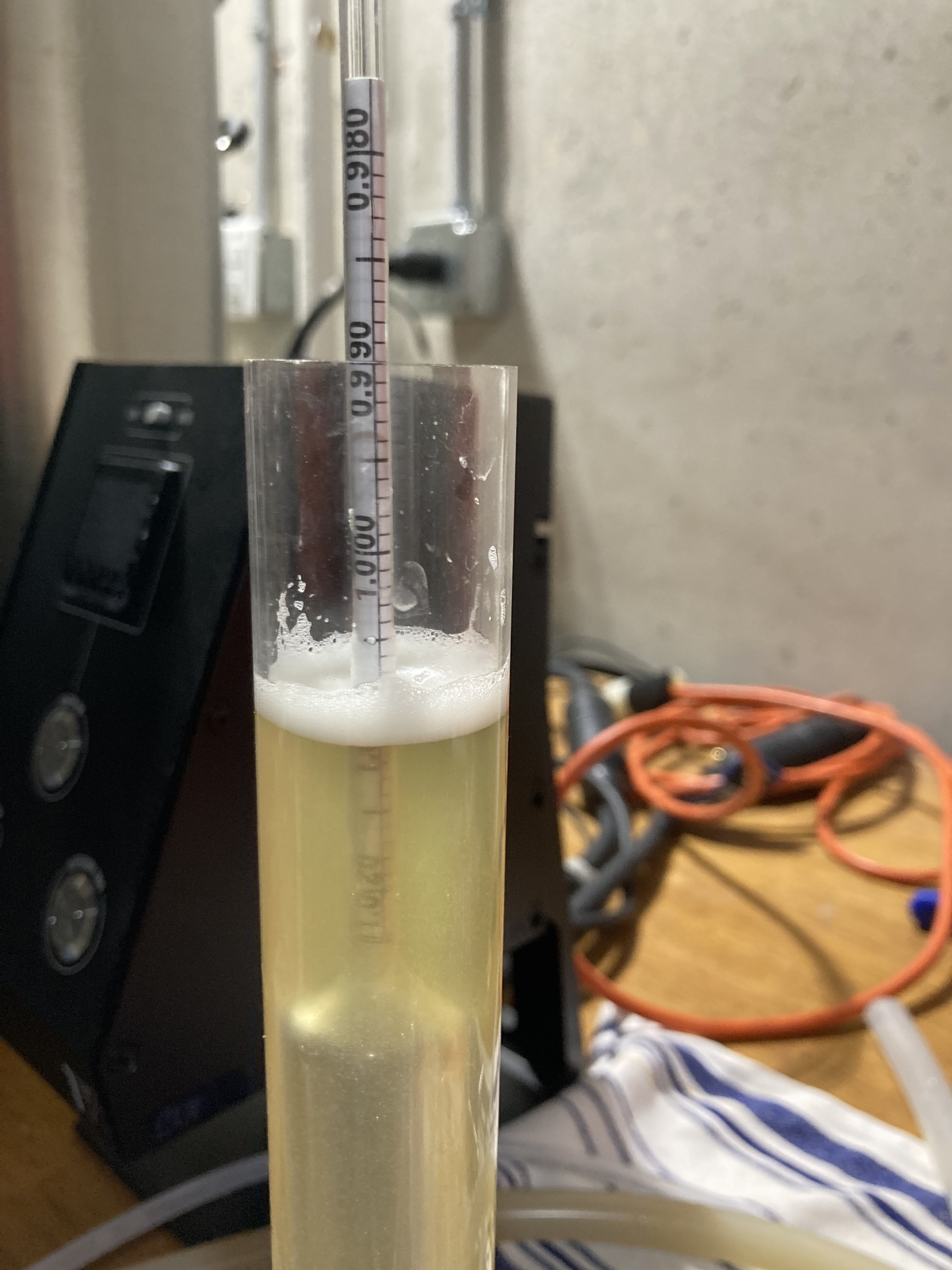
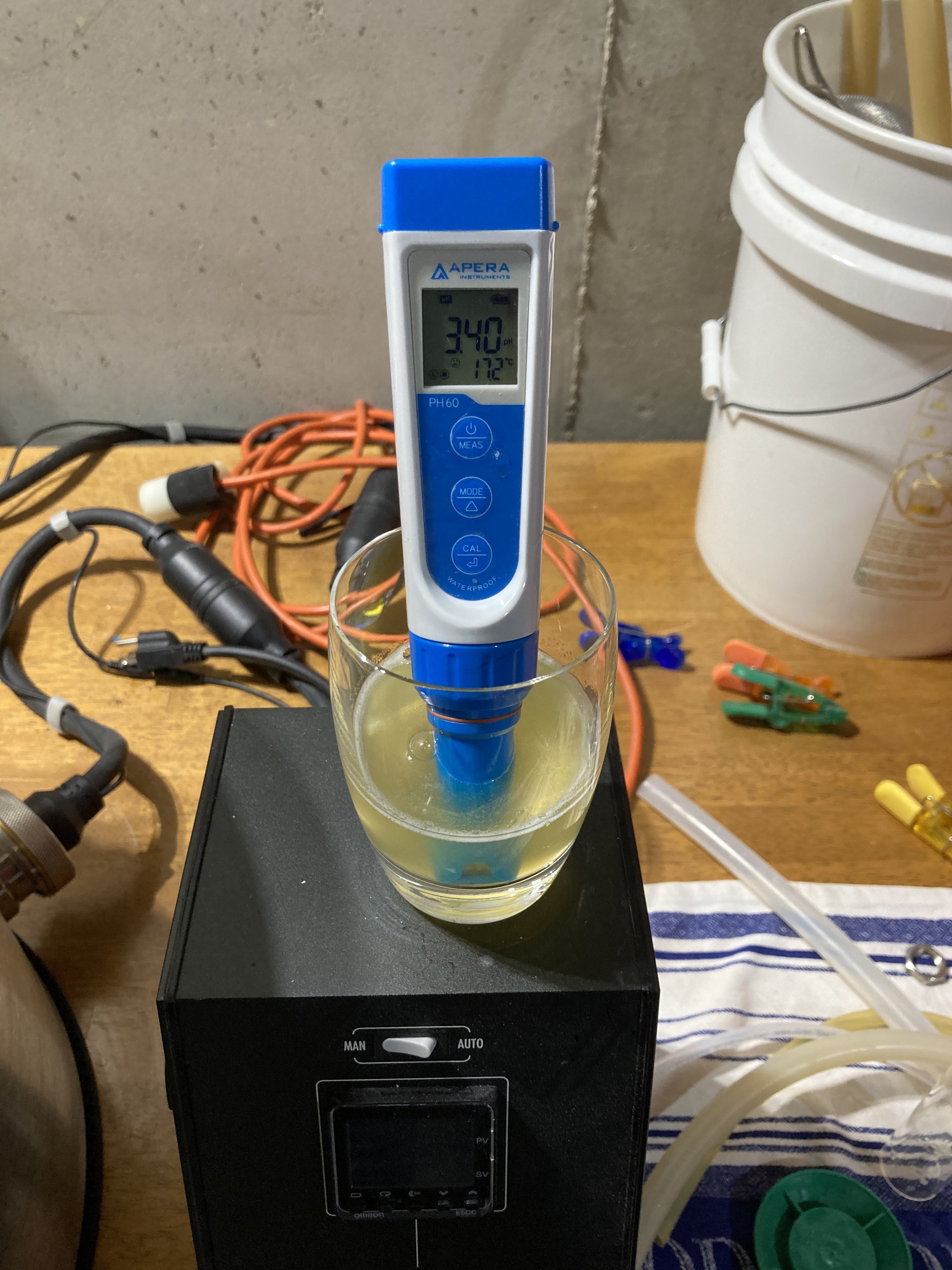

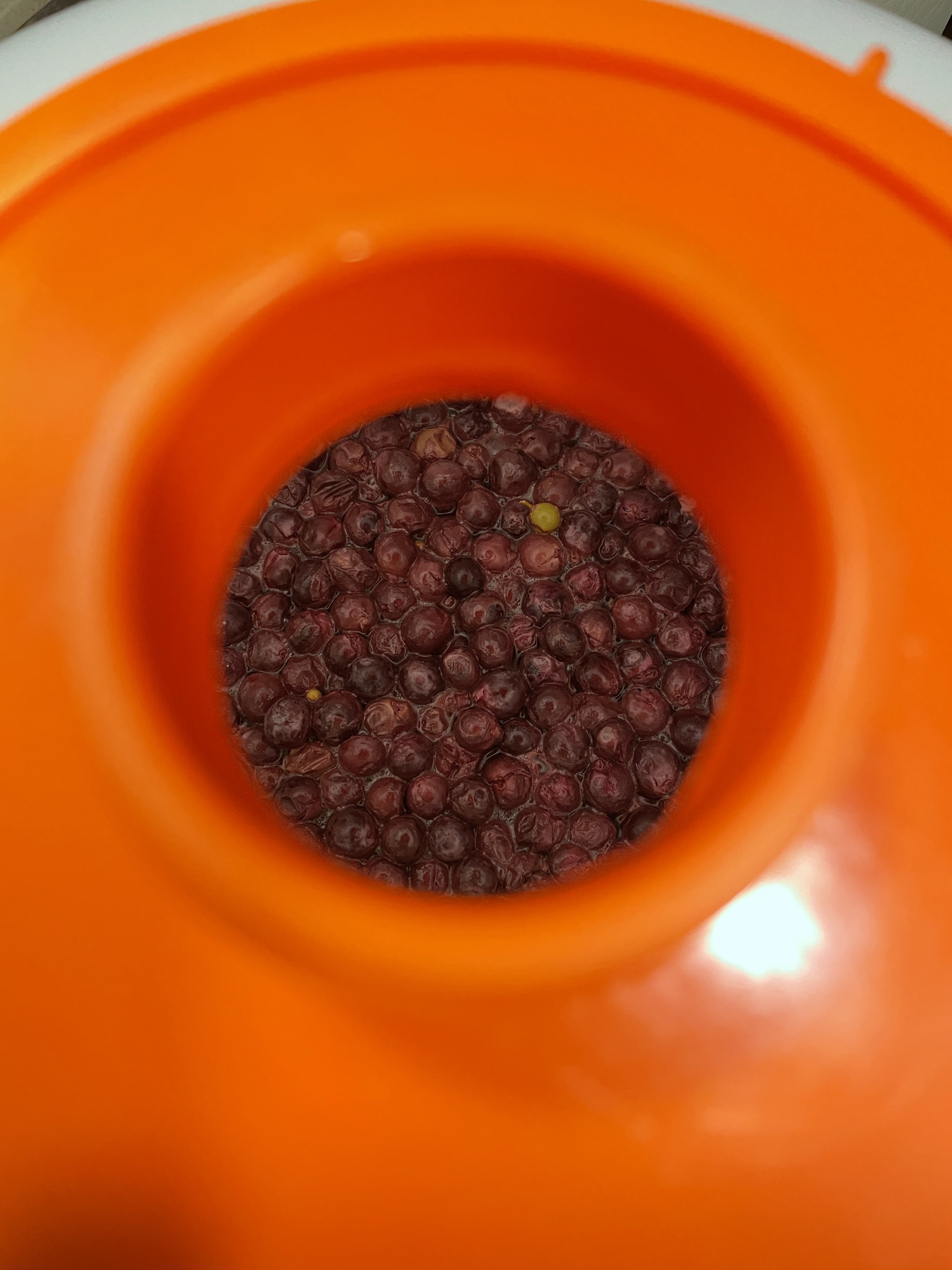












































![Craft A Brew - Safale S-04 Dry Yeast - Fermentis - English Ale Dry Yeast - For English and American Ales and Hard Apple Ciders - Ingredients for Home Brewing - Beer Making Supplies - [1 Pack]](https://m.media-amazon.com/images/I/41fVGNh6JfL._SL500_.jpg)









